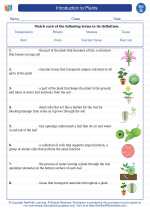Introduction to Plants -> metabolism
Metabolism: Explanation and Study Guide
What is Metabolism?
Metabolism refers to all the chemical processes that occur within living organisms to maintain life. These processes include the conversion of food into energy, the elimination of waste products, and the synthesis of new molecules.
Types of Metabolism
There are two main types of metabolism:
- Anabolism: This is the process of building up complex molecules from simpler ones. It requires energy and is involved in processes such as the synthesis of proteins and DNA.
- Catabolism: This is the process of breaking down complex molecules into simpler ones, releasing energy in the process. Catabolism is involved in processes such as the breakdown of food molecules to release energy for cellular activities.
Factors Affecting Metabolism
Several factors can affect an individual's metabolism, including:
- Genetics
- Age
- Body composition
- Diet and exercise
- Hormonal levels
Study Guide
When studying metabolism, it's important to focus on the following key concepts:
- The role of enzymes in metabolic reactions
- The relationship between metabolism and energy balance
- The impact of metabolism on overall health and well-being
- The differences between anabolism and catabolism
- The factors that can influence an individual's metabolic rate
Additionally, it's helpful to review real-life examples of metabolic processes, such as the breakdown of carbohydrates during digestion and the role of metabolism in physical activity and exercise.
Understanding metabolism is essential for comprehending how our bodies function and how various factors can impact our overall health and energy levels.
.◂Science Worksheets and Study Guides Seventh Grade. Introduction to Plants

 Worksheet/Answer key
Worksheet/Answer key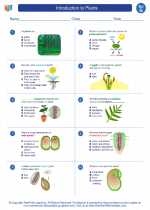
 Worksheet/Answer key
Worksheet/Answer key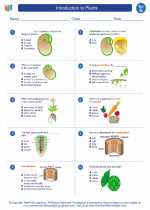
 Worksheet/Answer key
Worksheet/Answer key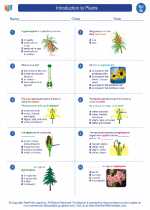
 Worksheet/Answer key
Worksheet/Answer key
 Vocabulary/Answer key
Vocabulary/Answer key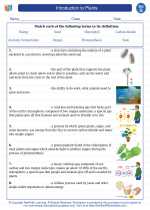
 Vocabulary/Answer key
Vocabulary/Answer key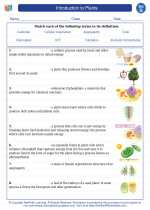
 Vocabulary/Answer key
Vocabulary/Answer key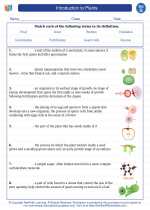
 Vocabulary/Answer key
Vocabulary/Answer key
 Vocabulary/Answer key
Vocabulary/Answer key